Purina Layena Pellets Layer Poultry Feed, 50 lb. Bag
Purina® Layena® layer Pellet feed provides the nutrients laying hens need once they’re 18 weeks old and laying eggs. Feeding Purina® Layena® to your hens provides you with delicious and nutritious eggs that your family and community can enjoy.
Purina® Layena® layer Pellet feed provides the nutrients laying hens need once they’re 18 weeks old and laying eggs. Feeding Purina® Layena® to your hens provides you with delicious and nutritious eggs that your family and community can enjoy. The exclusive Purina® Oyster Strong® System strengthens eggshells with added calcium from oyster shells, Vitamin D and manganese. Our pellets are wholesome and balanced, supporting reproductive and overall health with no need to supplement.
- Added Marigold Extract – For rich yellow yolks – A high level of xanthophyll, a coloring agent derived from marigolds, produces deep yellow egg yolks
- Balanced and complete formula is fortified with vitamins, minerals and essential amino acids
- Calcium, manganese and trace minerals for strong shells
- Enhanced with lysine and methionine to give birds the nutrients they need to produce plenty of wholesome and delicious eggs; also promotes beautiful feathering
- Key levels of vitamin A, D and E for strong reproduction and overall health
- Prebiotics, probiotics and yeast support immune and digestive health
- Research-backed, high-quality formulation with wholesome nutrition you can trust to provide the very best for your poultry
- Rich in antioxidants and optimized levels of vitamin E support a healthy immune system
- No artificial by-products or fillers added, no artificial preservatives added and no antibiotics or growth hormones added
- Optimum nutrition for healthy birds and delicious eggs
- High level of vitamin A helps birds grow into healthy adult birds
- Provides all the nutrients laying hens need once they’re 18 weeks old and laying eggs
- Exclusive Purina Oyster Strong System strengthens eggshells with added calcium from oyster shells, vitamin D and manganese
Additional information
| Animal Type | Chickens |
|---|---|
| Food Form | Pellet |
| Packaged Height | 44 in. |
| Packaged Length | 48 in. |
| Packaged Weight | 50 lb. |
| Packaged Width | 40 in. |
| Poultry Life Stage | Adult |
| Special Diets | Probiotics, None |
| Manufacturer Part Number | 3003377-206 |

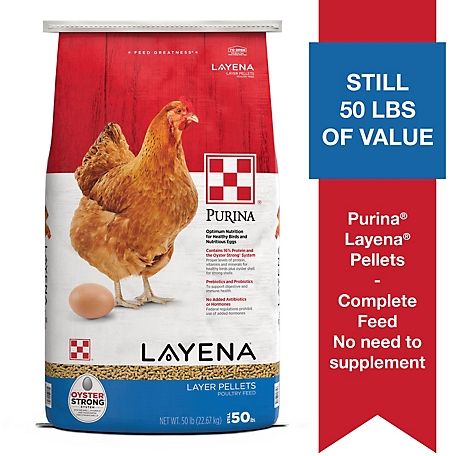

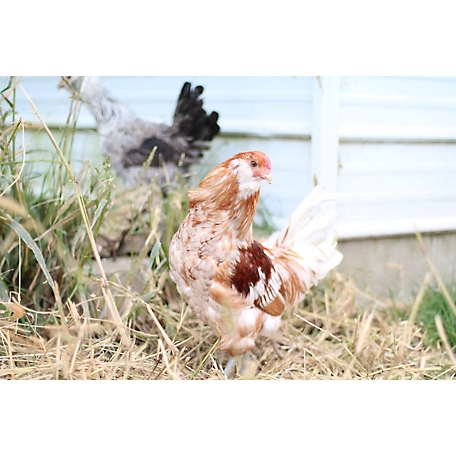
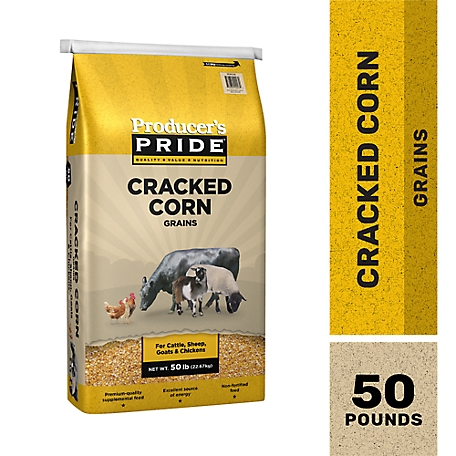
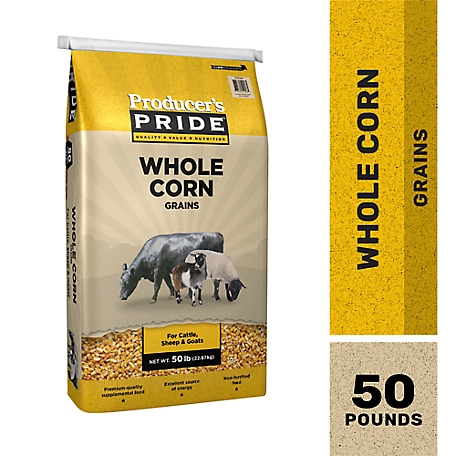
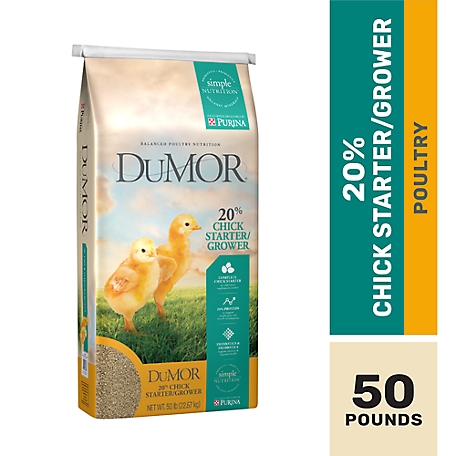
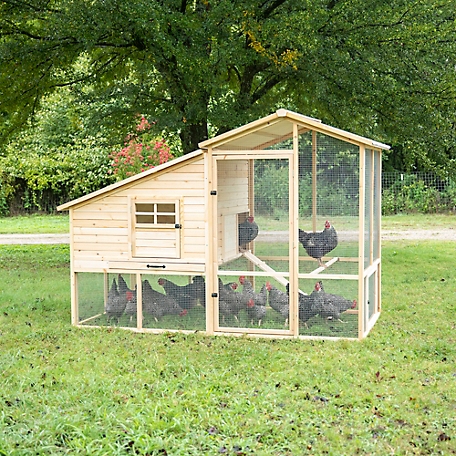
by Notch
my girls love this feed
by Stan
Great feed for the flock. Tractor also ran a discount price on this item in April.
by Jerry
My girls like this feed, egg production has increased and shell quality has improved.
by Keri
The hens really seem to like it.